I sat in awkward silence, internally begging myself to find the will to speak. My doctor stood before me, waiting for an answer. I recognized the familiar feeling of tears growing in my eyes. Just moments before, my doctor had asked me, “Can you make an animal sound?” My immediate thought was, ‘No! What 13-year-old was expected to imitate an animal at a doctor’s appointment?’ I remained silent for a moment longer before breaking down in tears.
Up until that point, everything had been going well. I was nervous to go into the doctor’s office without my parents, but I felt proud of myself for trying something new. I had been answering all her questions, asking my own questions, and even making small talk with the doctor. I had never been good at talking to anyone, so it felt like progress. That was until she decided to give me a couple of speech lessons. From the moment the doctor told me, “Pretend you’re yelling,” and “Imagine you’re talking to your sister,” my confidence was cut short. Later, I learned that the doctor thought I had speech issues because I was so quiet and was attempting to help me raise my voice. Despite the amount of progress I made that day, I felt like I had ended up right back at the starting line — unable to speak to anyone.
Since kindergarten, I’ve struggled to speak to anyone who wasn’t a direct family member. Whenever I was asked to speak in class or someone attempted to make small talk with me, I’d turn red. My heartbeat would increase, my brain frantically searching for something to say. In the rare moments when I managed to say something, no one was able to hear me because I’d get so nervous about what I was going to say. Although I attended a K-8 school, I never grew fully comfortable with my classmates, most of whom I’d known for nine years. This fear of talking to anyone plagued me throughout elementary and middle school. It wasn’t until my freshman year of high school that I began to grow more comfortable talking to others.
Looking back, the main reason that I struggled to talk was because I constantly focused on others’ expectations and perceptions of me.
Looking back, the main reason that I struggled to talk was because I constantly focused on others’ expectations and perceptions of me. In school settings, I felt as if the other students expected me to remain quiet. If I were to raise my voice, I felt it would seem unusual and weird. Because of this fear, I remained quiet. As time went on, I began to lower the expectations I had on myself. During class presentations, I told myself I knew I wasn’t going to be loud. Every time I had to present, I half expected the teacher to stop me in the middle and say something along the lines of, “Speak a little louder, please.” Every time I heard those words, my natural reaction was to cry. I constantly feared the mid-presentation interruption that was bound to come. Those words always felt like a setback, as if someone had told me, “You haven’t improved at all.” In those rare moments when I forced myself to speak louder, I worried that it would appear weird to everyone else and would go quiet shortly after.
I was determined to overcome this barrier when I started my freshman year of high school. High school felt like an opportunity to start anew. Although it did take time for me to adjust to meeting new people, I felt more comfortable with them. Since my new peers had no preconceived ideas about me, I knew they didn’t have an expectation of what my personality should be. I found myself meeting new people often, and I actually enjoyed it.
Since my new peers had no preconceived ideas about me, I knew they didn’t have an expectation of what my personality should be. I found myself meeting new people often, and I actually enjoyed it.
However, the most challenging part of my freshman year was the expectation that I would participate in class. My grade relied heavily on how much I spoke up or raised my hand. At first, it was difficult. I was worried about what I would say and, most importantly, how well my teachers could hear me. Even though no one expected me to be quiet, I still felt pressure not to raise my voice. I still feared being told to speak up. But slowly, that began to change.
With frequent Chinese, science, and history presentations as well as participation requirements, I became more comfortable with talking. I was still nervous, but I was used to the anxious feelings that came with an upcoming speech or oral assessment. At the beginning of the year, I had been counting down the days until I would be done with all of my participation points for the week or waiting for the weekend so that I wouldn’t have to worry about an upcoming presentation. As the end of the year rolled around, I stopped counting. When I raised my hand or presented, I rarely ever heard the words “speak up” anymore. When I was told to do so, I would no longer tear up on cue.
There was no longer an expectation — real or imagined – that I wasn’t going to speak, or that if I did, no one would be able to hear me.
As I became more comfortable talking to others, I noticed that my worries about others’ perceptions of me began to fade. There was no longer an expectation — real or imagined – that I wasn’t going to speak, or that if I did, no one would be able to hear me. Without having to worry about that pressure, I pushed myself to improve further. I was able to recognize my own progress instead of relying on others to tell me how far I had come.
To this day, I still feel nervous when faced with public speaking or meeting someone for the first time. I have become familiar with that feeling of nervousness and anticipation and am able to handle it better. Looking back to middle school, I can see how far I’ve come and how much has changed over the past few years. I don’t think I’ll ever be completely comfortable talking to others, but I’ve grown more comfortable doing so now than I have in the past. I am still learning to push past my anxiety and allow myself to speak freely; seeing how much I’ve improved encourages me to accept these challenges and learn.


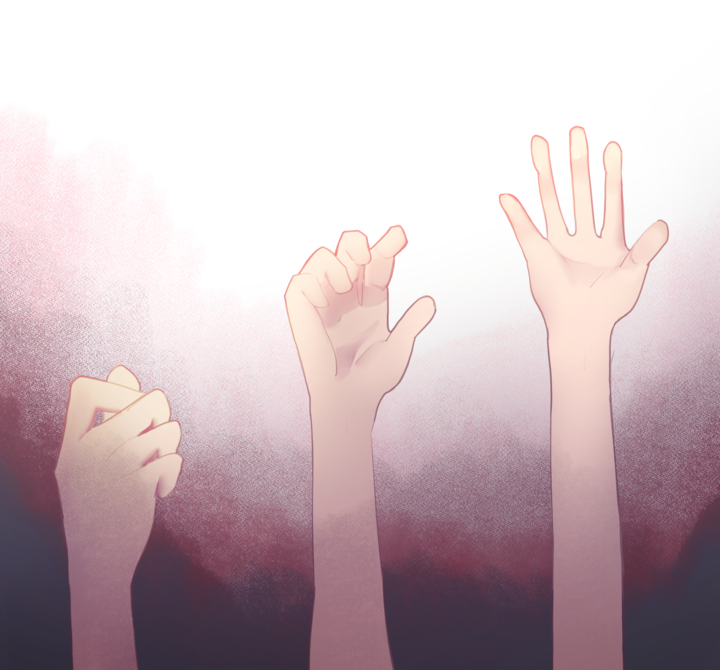




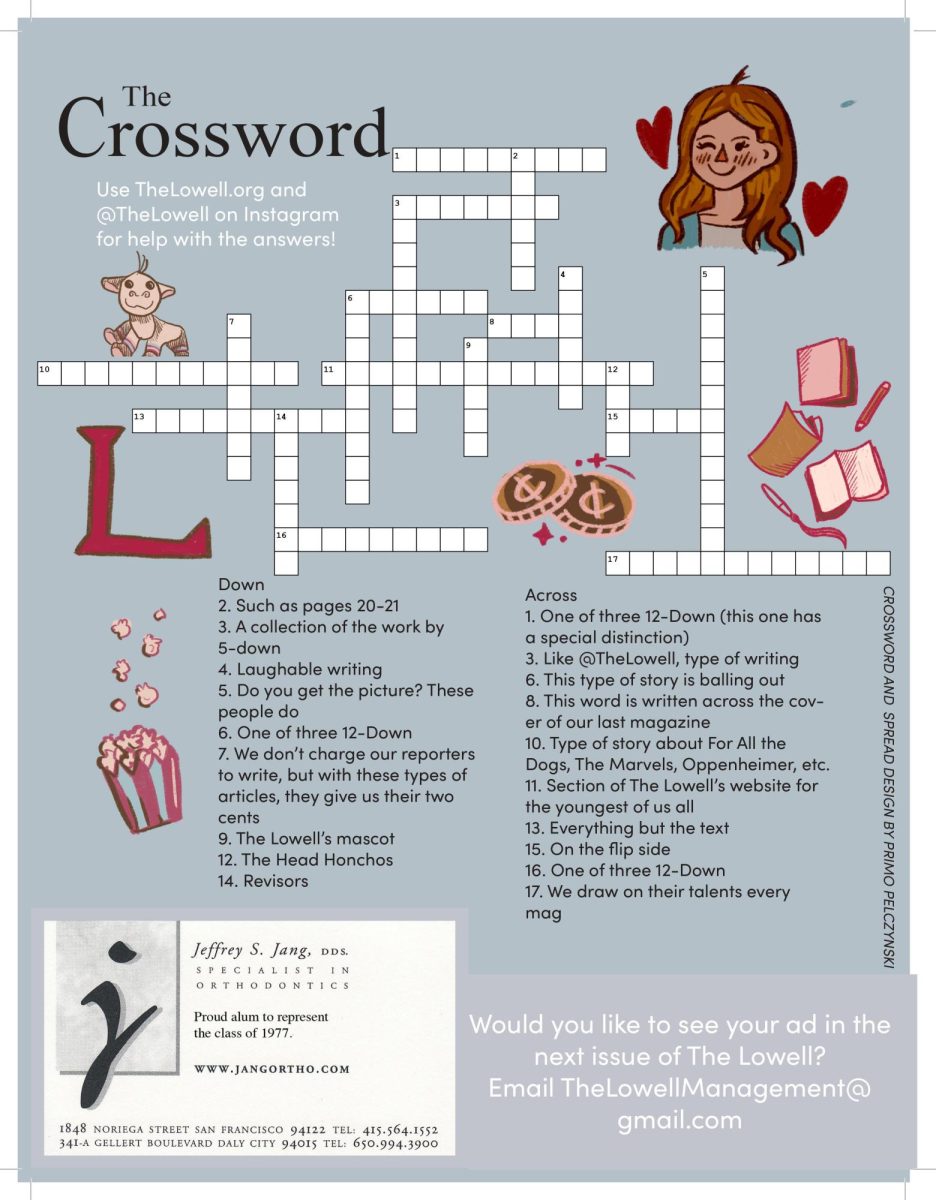

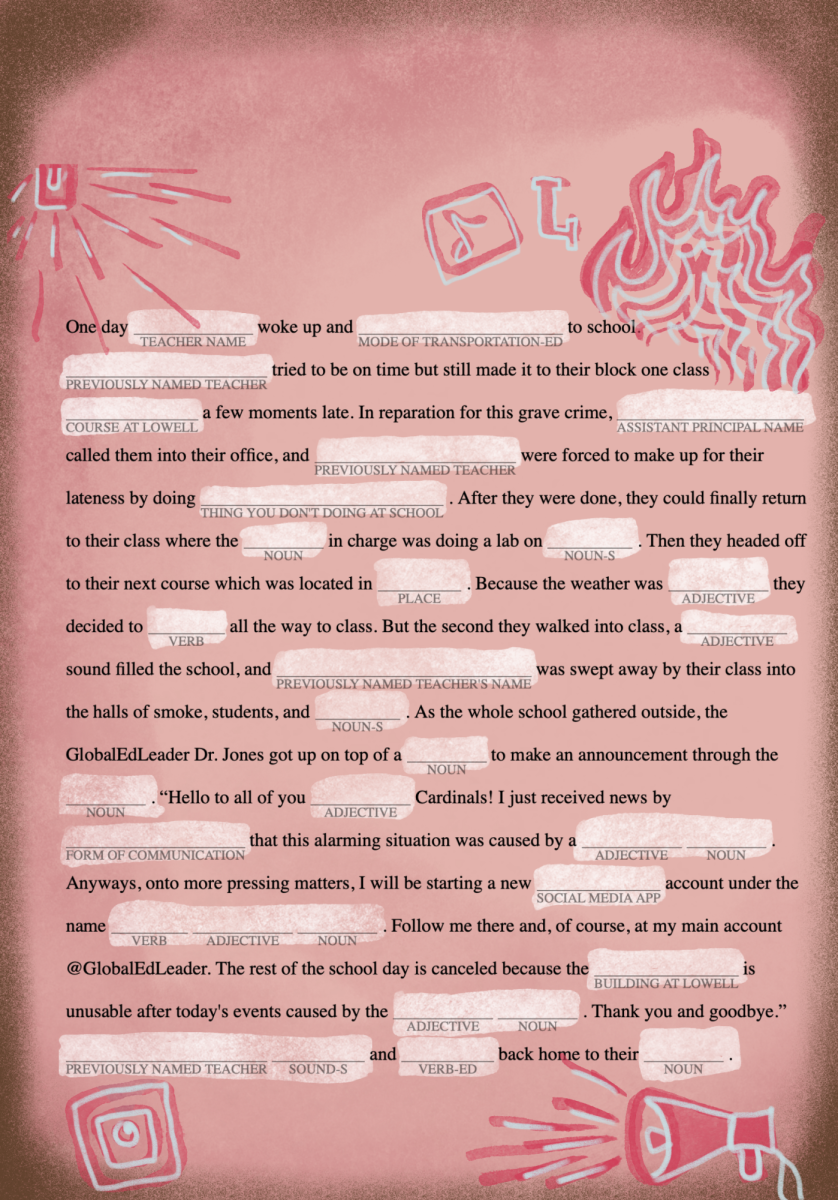

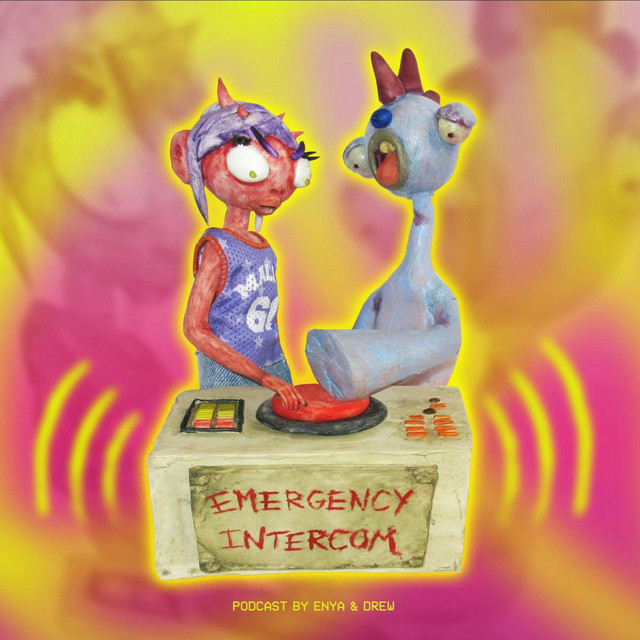

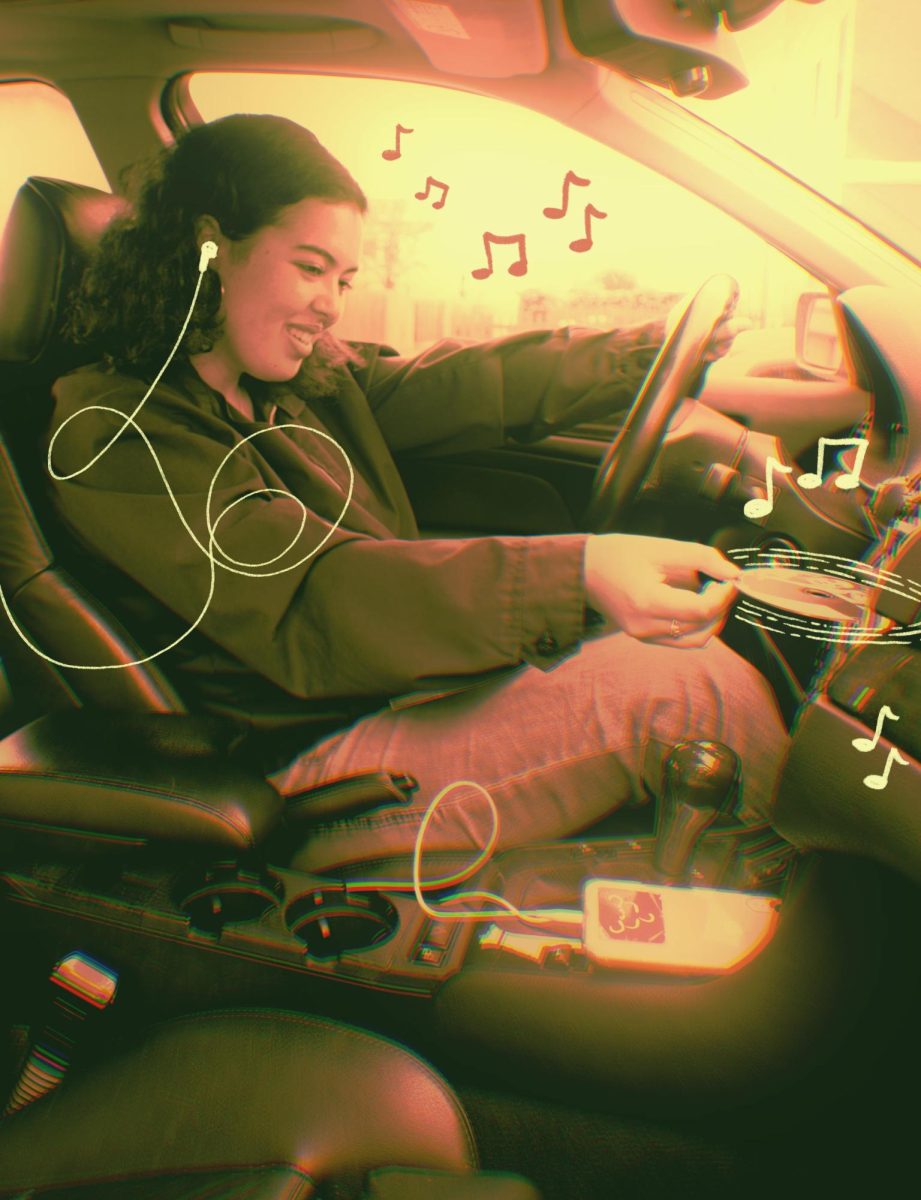


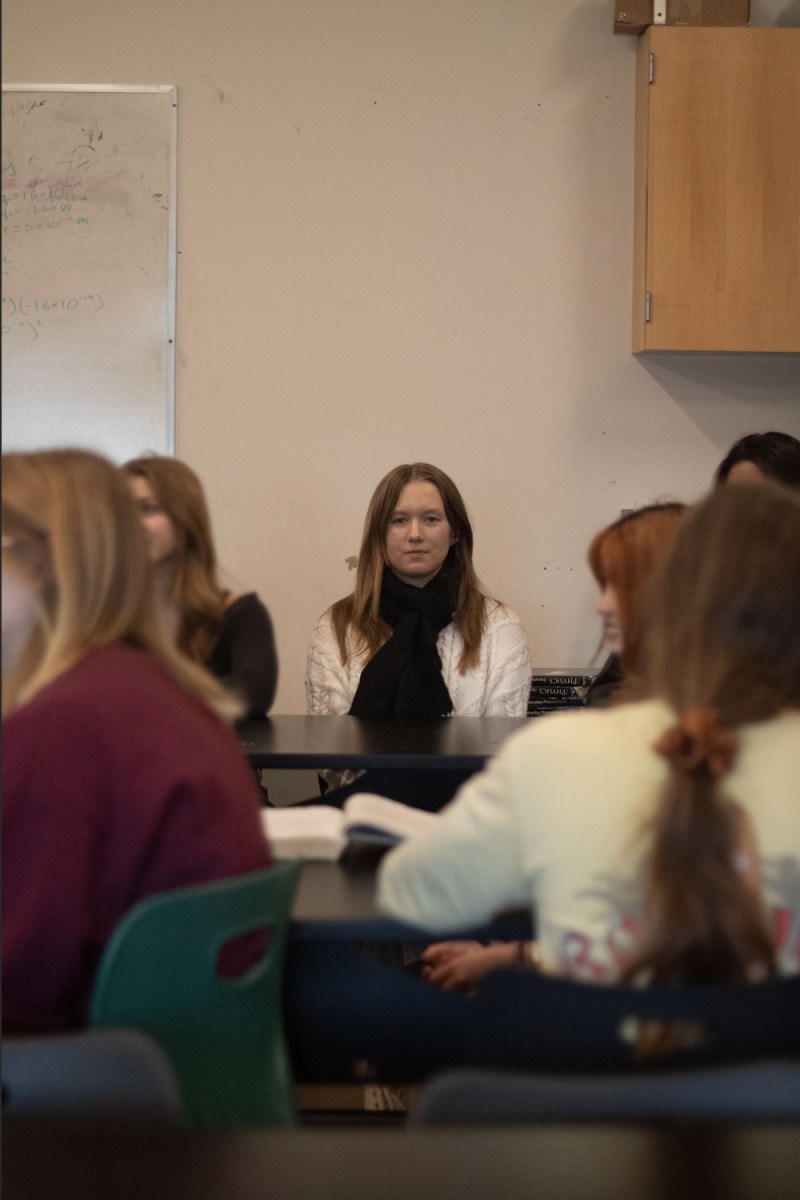
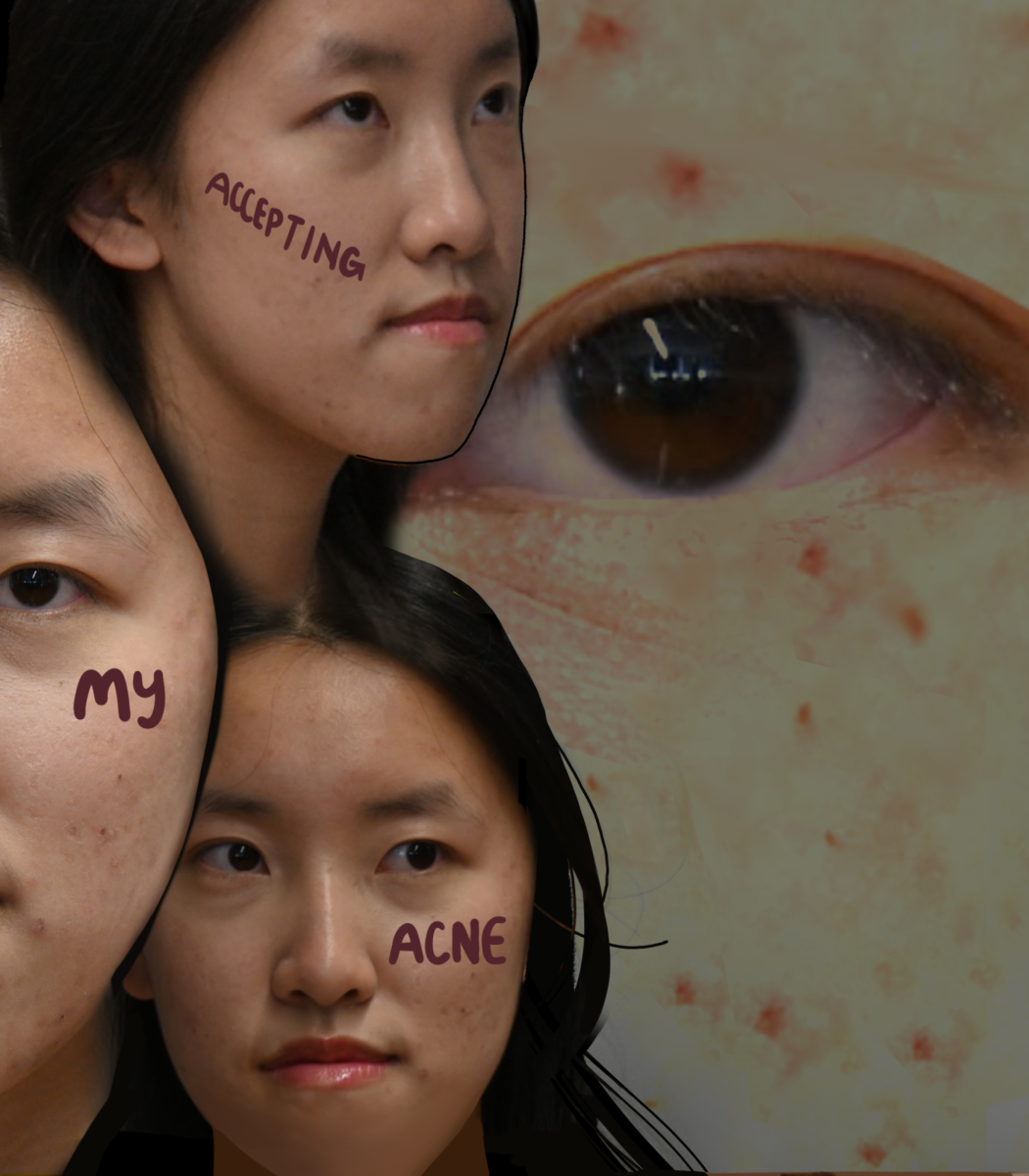
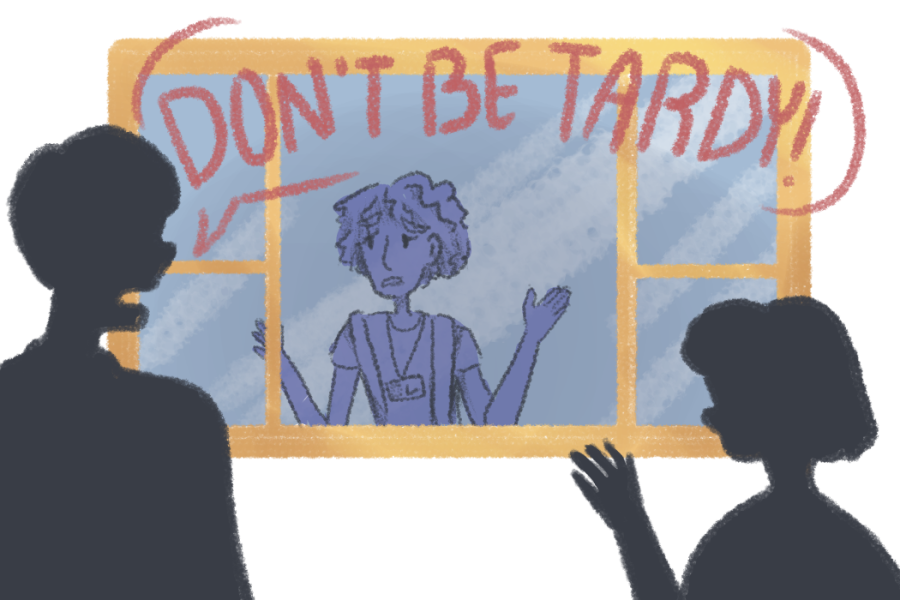
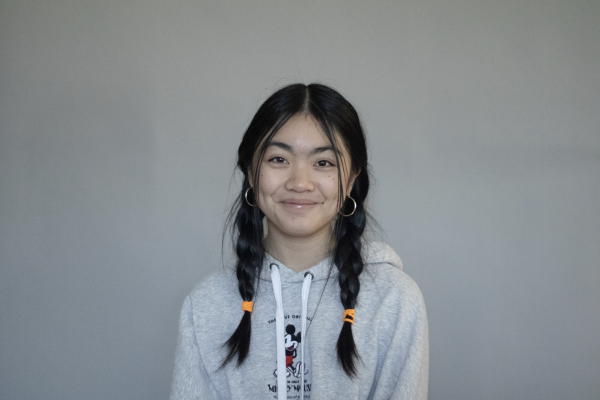
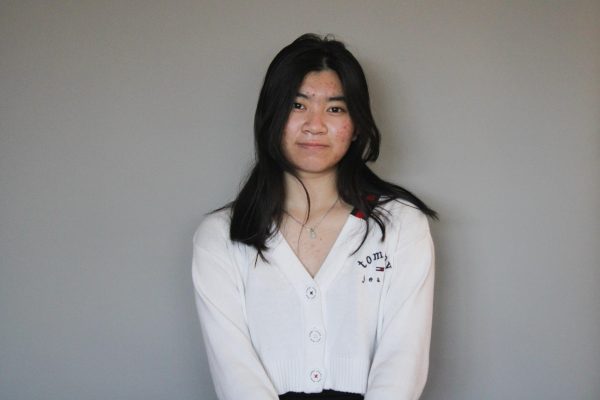
Ms. Tom • Mar 15, 2024 at 8:35 pm
So proud of you Sasha!
Love, Your First Grade English Teacher